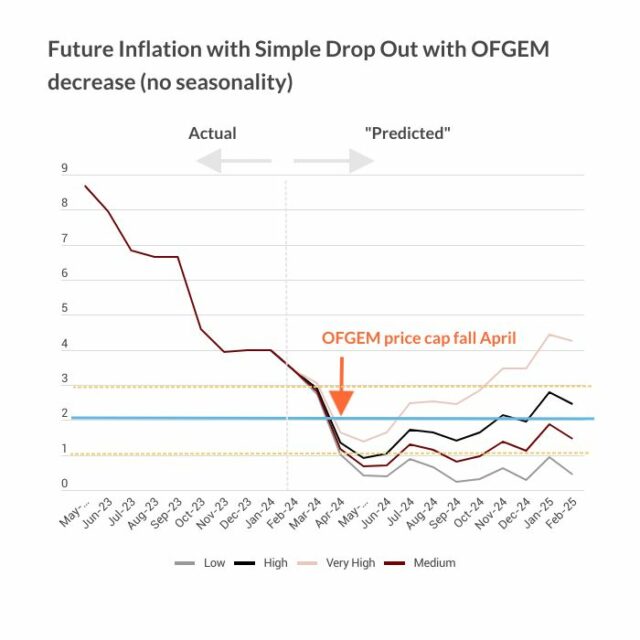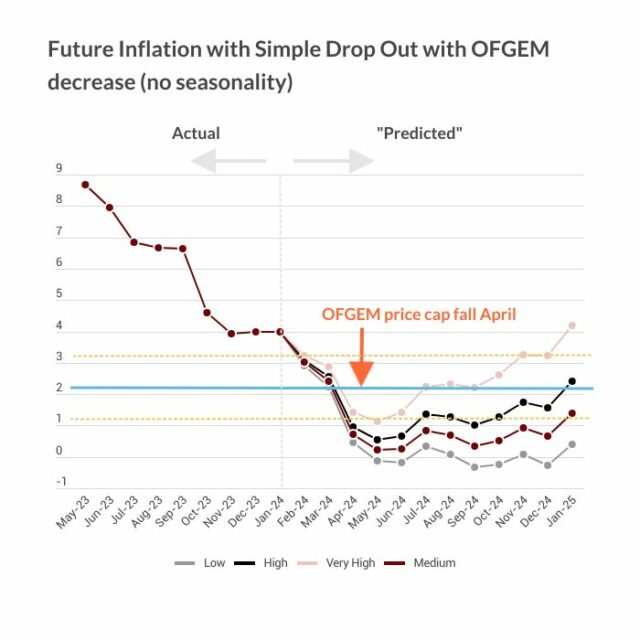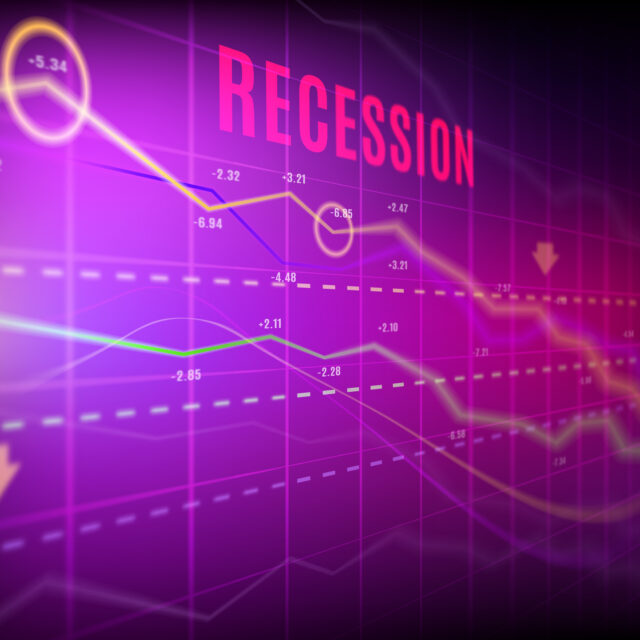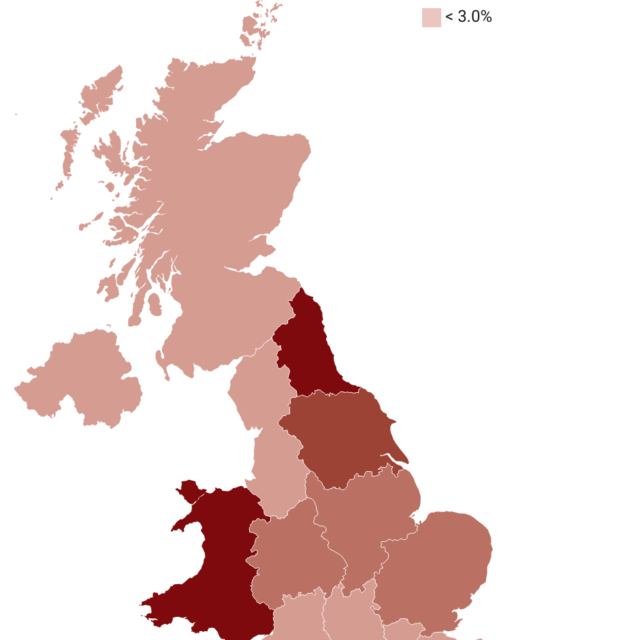Press Release: NIESR Monthly Wage Tracker – Labour market recovery on track as furlough ends
Labour market recovery on track as furlough ends
Figure 1 – The U-shaped recovery in the labour market (source: ONS, HMRC)
Main points
- The labour market shows signs of a U-shaped recovery, with the number of payrolled employees returning in August to its pre-pandemic (February 2020) level of 29.1 million.
- Employment growth is fastest in London, which is catching up to the rest of the UK after being particularly hurt by the pandemic.
- The unemployment rate declined to 4.6 per cent and vacancies reached a record 1 million.
- Because of difficulties to fill in jobs, starting salaries are increasing fast, but the end of the furlough scheme should ease the pressure on salaries.
- The relaxation of self-isolation rules puts an end to the ‘pingdemic’.
- The growth in average weekly earnings including bonuses (AWE) in Great Britain decreased slightly in the three months to July to 8.3 per cent compared to a year ago, down from 8.7 per cent in the three months to June. This is in line with what we had forecasted.
- Excluding base effects, the growth in average weekly earnings was unchanged at 4.1 per cent in the three months to July, compared to the three months to June.
- Annual growth for average weekly earnings should ease from 8.7 per cent in the second quarter to 5.6 per cent in the third quarter as the base effect dissipates.
“The fact that the furlough scheme ends September, after several months of robust employment growth, provides hope that nearly all of the furloughed workers will be able to return to active employment. Underlying wage growth excluding base effect is around 4 per cent. But the combination of a skills mismatch and the end of the furlough scheme is creating unusual uncertainty about the future path of wages. With consumer price inflation rising and expected to reach also 4 per cent at the beginning of next year, there is a risk that price inflation feeds into wage inflation.”
Cyrille Lenoel, Principal Economist, NIESR
ENDS
For further information please contact the NIESR Press Office or Luca Pieri on 020 7654 1954/ l.pieri [at] niesr.ac.uk
Further details of NIESR’s activities can be seen on http://www.niesr.ac.uk or by contacting enquiries [at] niesr.ac.uk
Switchboard Telephone Number: +44 (0) 207 222 7665



















